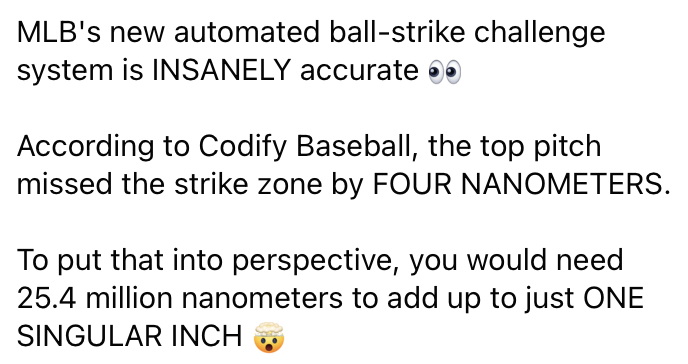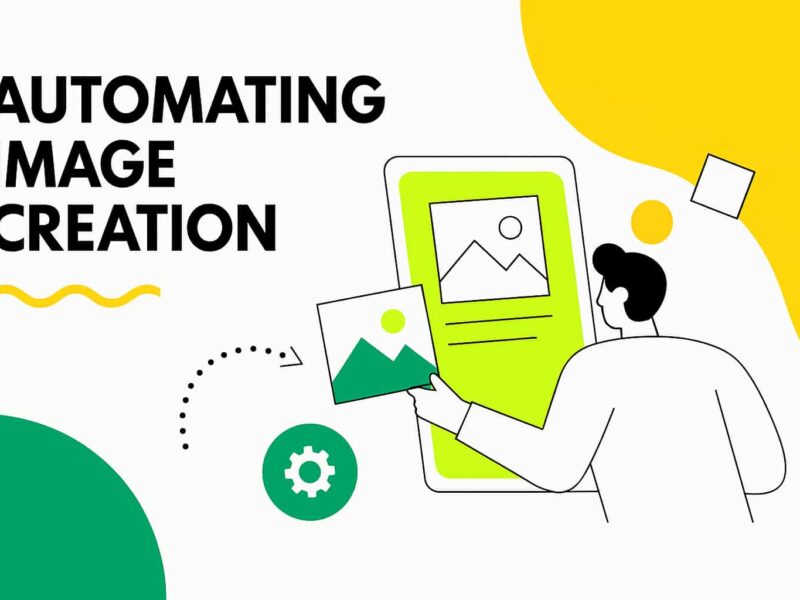Cybersecurity is obtaining a new type of teammate; one that never sleeps, never gets exhausted, and never awaits orders. Since cyber threats are developing at a machine level, a new Agentic AI is on the rise. Agentic AI, in contrast to the traditional AI tools that are based on pre-defined scripts or human prompts, acts independently; it can observe, decide, and act without a human prompt.
Imagine having a virtual security analyst that not only identifies suspicious activities, but investigates it, correlates logs, quarantines threats, and rewrites firewall rules. Sounds futuristic? It is already getting real.
This article will demystify Agentic AI, explain how it is transforming the cybersecurity landscape, and why cybersecurity practitioners should be ready to work in a world where their most intelligent team member is an AI agent.
What is Agentic AI?
Agentic AI is a concept of artificial intelligence that is developed to operate semi-autonomously. Instead of being human-prompted or rule-based as in traditional automation, Agentic AI works as goal-directed agents. It can sense its surroundings, take objective-oriented decisions, change tactics, and even self-correct.
These agents take action along with analyzing data. In cybersecurity, it entails the active detection of threats, countermeasure execution, and on-the-fly reconfigurable defense. This is unlike a legacy system or a normal AI integration because the Agentic AI can work asynchronously, usually in real time.
Why is It Gaining Attention in Cybersecurity?
As the number of connected devices has exponentially grown, and the modern IT environment has become more complex, manual cybersecurity response procedures have become more and more unsustainable. Alert fatigue, talent shortage, and evasive threats, such as polymorphic malware and AI-driven phishing, have today overwhelmed security teams.
Agentic AI is becoming a major way to alleviate this pressure. These intelligent agents are capable of automatically automating response workflow, discovering zero-day vulnerabilities, and even modifying firewall rules or isolating compromised systems on-the-fly, without awaiting human input.
This shift is also proven by industry insights:
- According to a 2025 Deloitte report, it is estimated that a quarter of generative AI adopting companies will debut Agentic AI pilots or proof-of-concept programs this year, and the estimate is projected to reach half of all companies by 2027.
- In the meantime, the research conducted by SailPoint has shown that 98 percent of organizations will increase the use of AI agents in the course of the next 12 months. Nevertheless, such fast use has also introduced new areas of concern – 96 percent of technology workers also report these agents as emerging security threats, highlighting that strong governance should accompany the innovation.
Applications of Agentic AI in Cybersecurity
The AI agents in cybersecurity are transforming the processes within different domains of security operations. This is how it is being applied in real settings:
|
Use Case |
How Agentic AI Helps |
| Automated Incident Response | Takes proactive actions such as isolating systems, patching vulnerabilities, and logging events without human input. |
| Threat Hunting & Pattern Discovery | Continuously scans data to identify unusual patterns, even before predefined rules trigger alerts. |
| Security Orchestration | Automatically executes playbooks and reconfigures security tools based on real-time insights. |
| Deception & Decoy Tactics | Deploys honeypots or decoy assets to lure and analyze attackers’ behavior. |
| Supply Chain Risk Monitoring | Monitors third-party systems and online behavior to detect early signs of compromise or vulnerability. |
With more advanced AI agents, integrations will become ubiquitous, both on cloud platforms, endpoint detection, and even at the physical security layers.
Challenges and Risks to Consider
As Agentic AI expands new frontiers, new risks are posed. As an example, an opponent can target AI agents or model their behavior in order to create more robust attacks. Moreover, enterprises should also consider the consequences of granting autonomy to systems excessive power without reasonable human monitoring.
The most important issues are:
- Ethical issues of prejudice and openness of decision-making.
- Systemic errors are caused by imperfect training data or by a changing threat.
- Uncertainty in regulations, especially in highly regulated sectors like healthcare and banking.
To eliminate such concerns, a careful blend of control, human oversight, and further AI training throughout the departments is needed.
Key Tips to Adapt in the Age of Agentic AI
As an up-and-coming cybersecurity practitioner or technology leader, you must embrace Agentic AI. Listed below are key tips to improve your career in cybersecurity:
|
Tips for Cybersecurity Professionals |
Actionable Insight |
| Earn top Cybersecurity Certifications | Choose programs that combine AI fundamentals with security operations. |
| Understand Agent Architectures | Learn about goal-oriented systems, reward functions, and autonomous learning models. |
| Experiment with Tools | Use cloud sandboxes or virtual labs to test AI-driven security scenarios safely. |
| Follow Emerging Standards | Track NIST, MITRE, and ISO developments for ethical and technical guidance. |
| Collaborate Across Teams | Work with data science, DevSecOps, and policy teams for full-spectrum implementation. |
Career Impact and the Rise of New Roles
As the Agentic AI disrupts the security paradigm, be prepared to experience a surge in demand for hybrid positions such as:
- AI-powered Cybersecurity Engineers
- AI Security Analysts
- TIAA (Threat Intelligence Automation Architects)
- Prompt Engineers (focused on SecOps tools)
Organizations are on the lookout to recruit professionals who can fill the gap between AI models and security architecture. Want to future-proof your skills? It is time to develop cross-functional fluency.
Conclusion
Cybersecurity is getting a new definition with agentic AI, as systems can act independently and change on the fly. Although this comes with increased security and productivity, it also needs experienced personnel who can lead, direct, and work with these knowledge agents. With a changing landscape, upskilling and adaptation will define who will be part of the future of secure and AI-centered operations.
The post Is Agentic AI the Next Big Thing in Cybersecurity? appeared first on Datafloq.

